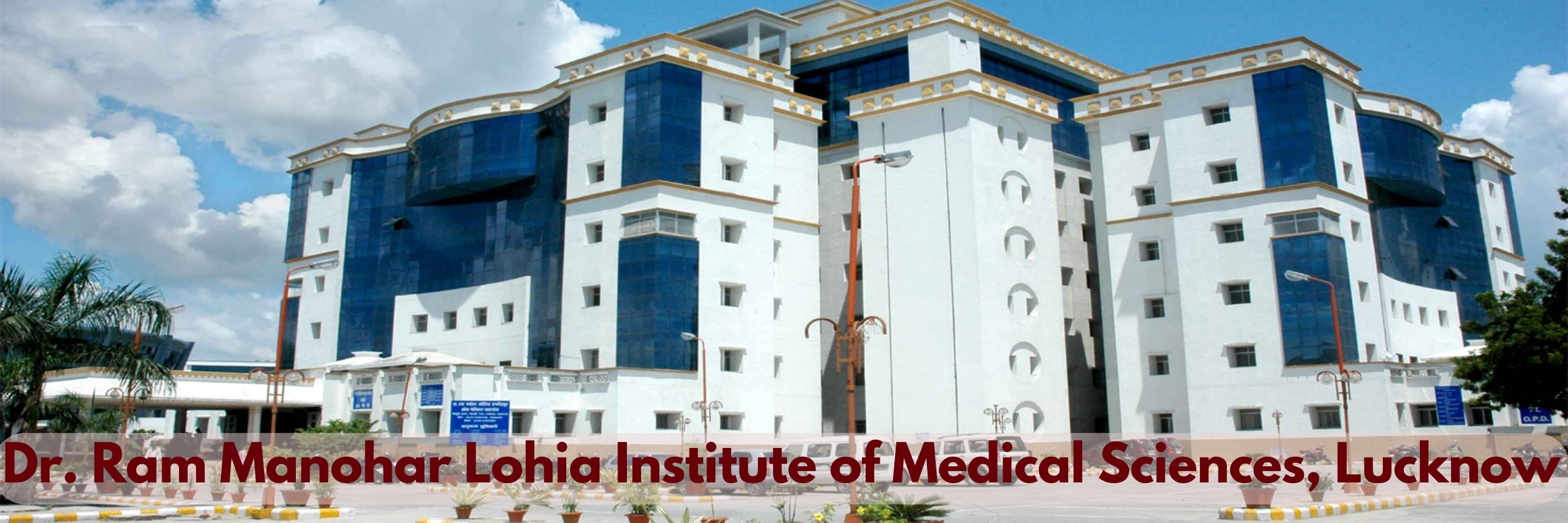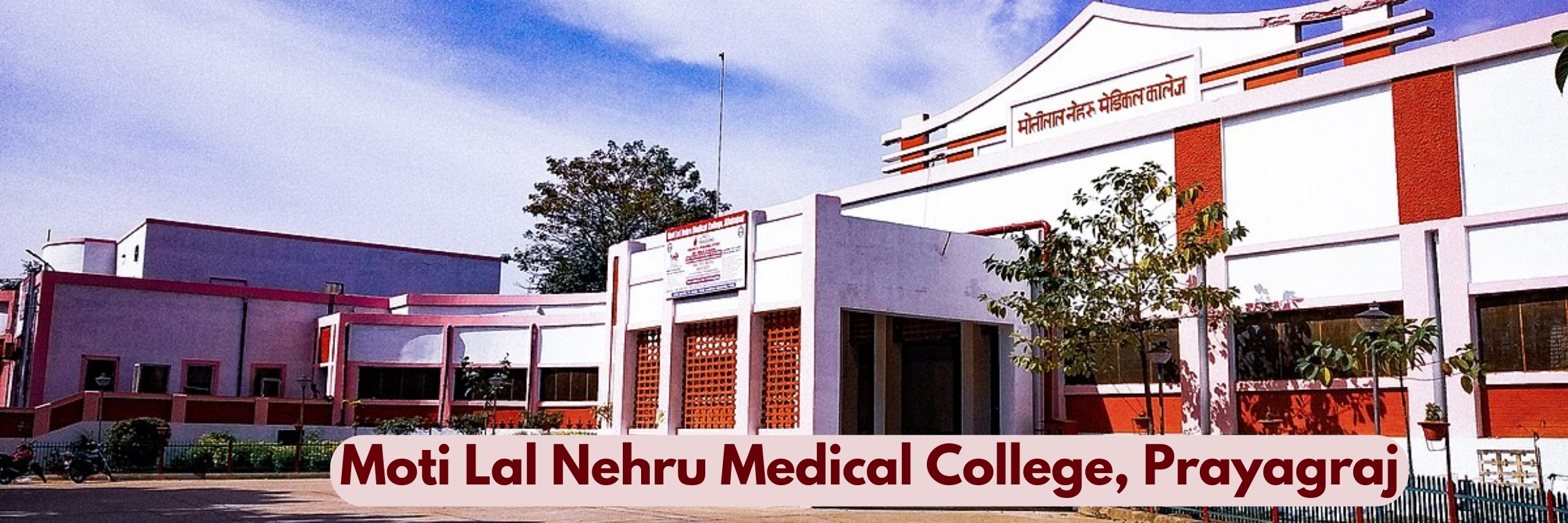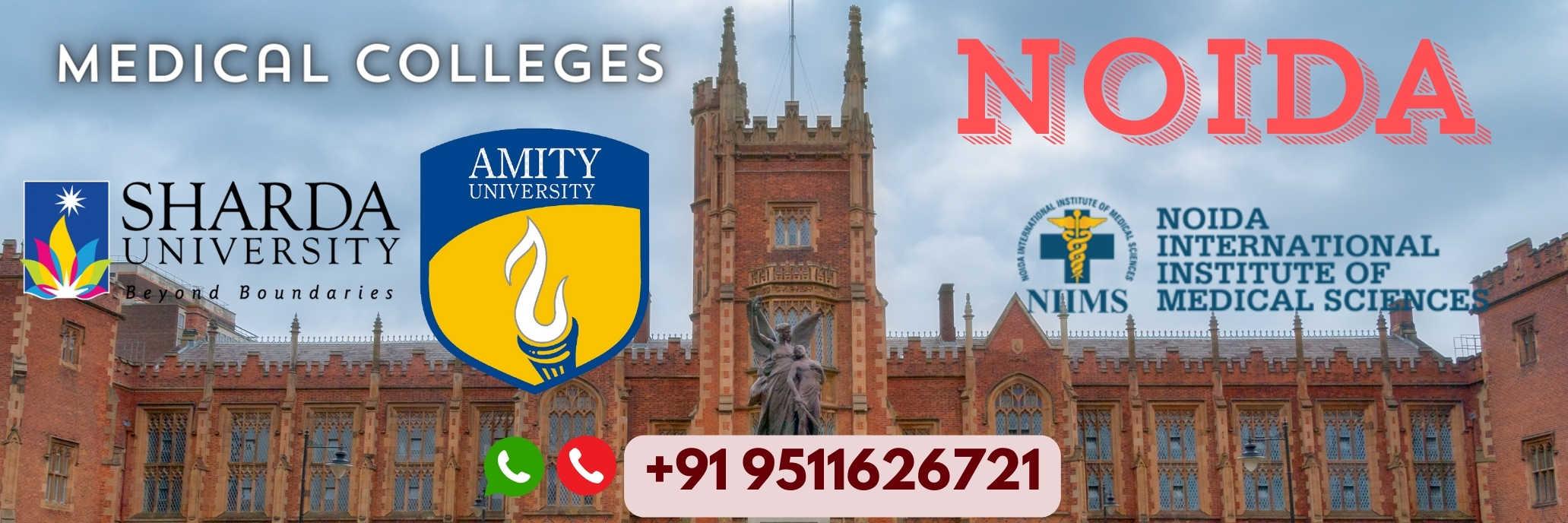Which Country Has the Best Scope for MBBS?
Which Country Has the Best Scope for MBBS?
Choosing the right country for pursuing an MBBS degree is a crucial decision that can significantly impact a student’s medical career. Various factors, including the quality of education, clinical exposure, cost of living, and future opportunities, must be considered. Each country offers unique advantages and challenges for medical students. In this comprehensive guide, we will explore several countries known for their excellent MBBS programs and evaluate which country might provide the best scope for aspiring doctors. Bodmas Education, a leading consultant in medical education, provides expert guidance to help students make informed decisions about their medical studies abroad.
India: A Leader in Medical Education
Medical Schools and Programs
India boasts a robust medical education system with numerous renowned institutions, such as the All India Institute of Medical Sciences (AIIMS), Christian Medical College (CMC) Vellore, and the Jawaharlal Institute of Postgraduate Medical Education and Research (JIPMER). These institutions are known for their rigorous academic programs and extensive clinical training. Indian medical schools follow a curriculum that includes both theoretical knowledge and practical skills, preparing students for various medical specialties.
Admission Requirements and Cost
Admission to Indian medical schools is highly competitive, with entrance exams like NEET (National Eligibility cum Entrance Test) being a primary criterion. The cost of medical education in India is relatively lower compared to Western countries, making it an attractive option for many students. However, the competition for seats is intense, and securing admission can be challenging.
Career Opportunities
Graduates from Indian medical schools have a broad range of career opportunities within India and internationally. The Indian medical education system is recognized globally, and Indian doctors are highly regarded for their skills and expertise. However, aspiring doctors must often navigate complex licensing requirements if they wish to practice in other countries.
United States: World-Renowned Medical Education
Medical Schools and Programs
The United States is home to some of the world’s top medical schools, including Harvard Medical School, Johns Hopkins University, and the Mayo Clinic Alix School of Medicine. These institutions offer cutting-edge medical education, innovative research opportunities, and extensive clinical training. The U.S. medical education system is known for its rigorous curriculum and high standards of training.
Admission Requirements and Cost
Admission to medical schools in the U.S. is highly competitive, requiring a strong academic record, high scores on the Medical College Admission Test (MCAT), and significant clinical experience. The cost of medical education in the U.S. is among the highest globally, with tuition fees often exceeding $60,000 per year. Despite the high cost, many students view U.S. medical schools as a worthwhile investment due to the quality of education and career opportunities.
Career Opportunities
Graduates from U.S. medical schools have excellent career prospects, with opportunities for specialized training and practice in various fields. The U.S. healthcare system offers diverse career paths and competitive salaries for medical professionals. However, international students may face challenges in obtaining residency positions and medical licensing in the U.S.
United Kingdom: Prestigious Medical Education
Medical Schools and Programs
The United Kingdom is renowned for its prestigious medical schools, such as the University of Oxford, the University of Cambridge, and Imperial College London. These institutions offer comprehensive medical programs with a strong emphasis on research and clinical practice. The UK medical education system is known for its high standards and international recognition.
Admission Requirements and Cost
Admission to medical schools in the UK typically requires high academic standards, including excellent A-levels or equivalent qualifications, and passing the UCAT (University Clinical Aptitude Test) or BMAT (Biomedical Admissions Test). The cost of medical education in the UK varies, with tuition fees ranging from £30,000 to £50,000 per year for international students. The UK also offers various scholarship opportunities to help offset the cost of education.
Career Opportunities
Medical graduates from the UK benefit from a well-established healthcare system and a wide range of career opportunities. The National Health Service (NHS) provides ample job prospects, and UK-trained doctors are highly regarded worldwide. Graduates may also pursue further specialization and research opportunities within the UK or abroad.
Australia: Growing Medical Education Hub
Medical Schools and Programs
Australia is becoming a popular destination for medical education, with renowned institutions such as the University of Sydney, the University of Melbourne, and Monash University. Australian medical schools offer high-quality education with a focus on clinical experience and research. The medical programs in Australia are designed to provide students with a comprehensive understanding of medical sciences and practical skills.
Admission Requirements and Cost
Admission to medical schools in Australia typically requires strong academic performance, a competitive score on the UMAT (Undergraduate Medicine and Health Sciences Admission Test), and relevant clinical experience. The cost of medical education in Australia is relatively high, with tuition fees ranging from AUD 60,000 to AUD 80,000 per year for international students. Scholarships and financial aid are available to help offset the cost.
Career Opportunities
Australian medical graduates have excellent career prospects both within Australia and internationally. The Australian healthcare system is well-developed, offering diverse opportunities for medical professionals. Graduates can pursue various specialties and research opportunities, and Australian medical degrees are recognized globally.
Canada: High-Quality Medical Education
Medical Schools and Programs
Canada is known for its high-quality medical education, with top institutions including the University of Toronto, McGill University, and the University of British Columbia. Canadian medical schools offer comprehensive programs that emphasize both academic learning and practical clinical experience. The Canadian healthcare system is well-regarded for its quality and accessibility.
Admission Requirements and Cost
Admission to medical schools in Canada is competitive, requiring strong academic performance, high scores on the MCAT, and relevant clinical experience. The cost of medical education in Canada is lower than in the U.S., with tuition fees ranging from CAD 30,000 to CAD 60,000 per year for international students. Financial aid and scholarships are available to help students manage the cost.
Career Opportunities
Graduates from Canadian medical schools have excellent career prospects, with opportunities for practice across various specialties. The Canadian healthcare system offers a supportive environment for medical professionals, and Canadian-trained doctors are highly respected worldwide. Graduates may also have opportunities to practice in other countries with international recognition of Canadian medical degrees.
Eastern Europe: Emerging Destination for Medical Education
Medical Schools and Programs
Eastern Europe, particularly countries like Poland, Romania, and Bulgaria, is emerging as a popular destination for medical education. Institutions such as the Medical University of Warsaw, the University of Bucharest, and Sofia Medical University offer high-quality medical programs with a focus on clinical training and research. These universities often follow the Polish medical curriculum, which is known for its rigor and comprehensive approach.
Admission Requirements and Cost
Admission requirements for medical schools in Eastern Europe typically include a high school diploma with a focus on science subjects, a good academic record, and proficiency in English for English-taught programs. The cost of medical education in Eastern Europe is relatively low compared to Western countries, with tuition fees ranging from €8,000 to €15,000 per year. Scholarships and financial aid are available to help students manage costs.
Career Opportunities
Graduates from Eastern European medical schools benefit from a strong educational foundation and extensive clinical training. The medical degrees from these institutions are recognized internationally, providing opportunities for further education and practice in various countries. The cost-effectiveness and quality of education make Eastern Europe an attractive option for many students.
Which Country Offers the Best Scope?
Determining which country offers the best scope for MBBS depends on individual priorities and career goals. Here is a summary of key factors to consider:
- Quality of Education: The United States, the United Kingdom, and Australia offer some of the highest quality medical education programs. However, these programs come with high tuition fees.
- Cost of Education: India and Eastern Europe provide more affordable options for medical education, making them accessible for students from diverse economic backgrounds.
- Career Opportunities: Graduates from medical schools in the U.S., UK, and Canada have excellent career prospects, while those from India and Eastern Europe can also find significant opportunities, particularly within their respective regions.
- Clinical Exposure: Countries like the U.S., the UK, and Australia offer extensive clinical training, which is crucial for developing practical skills.
- International Recognition: Degrees from the U.S., UK, and Canada are widely recognized and respected globally, providing flexibility for practice in various countries.
Choosing the best country for pursuing an MBBS degree involves evaluating various factors, including the quality of education, cost, career opportunities, and clinical training. Each country has its unique advantages and challenges. Bodmas Education provides expert guidance to help students navigate these choices and make informed decisions about their medical education. By considering personal goals, financial constraints, and career aspirations, students can select the country that best aligns with their needs and ambitions.

















































